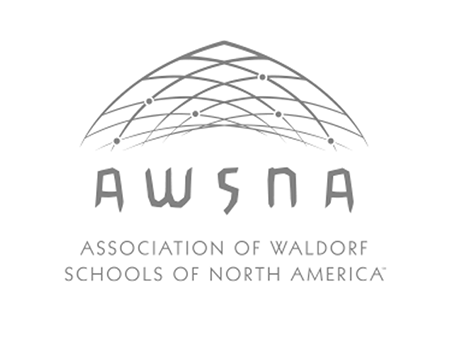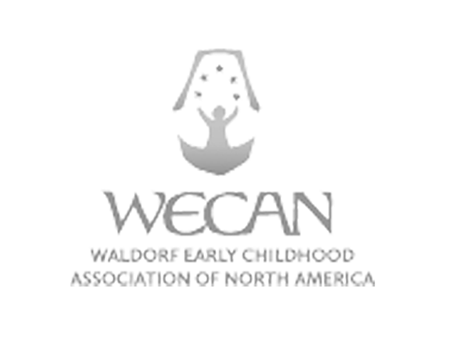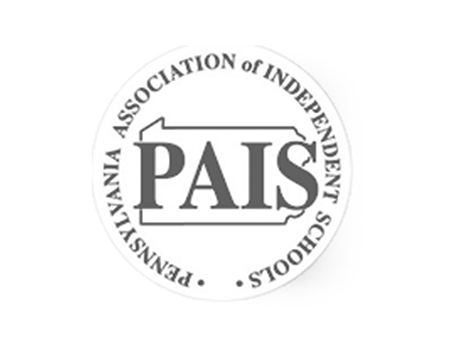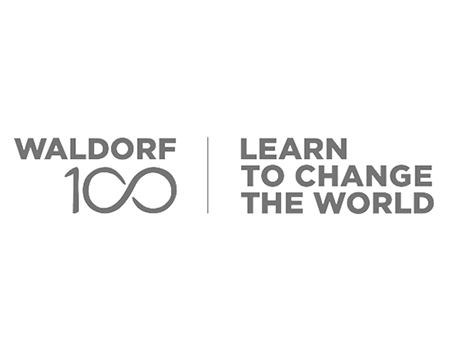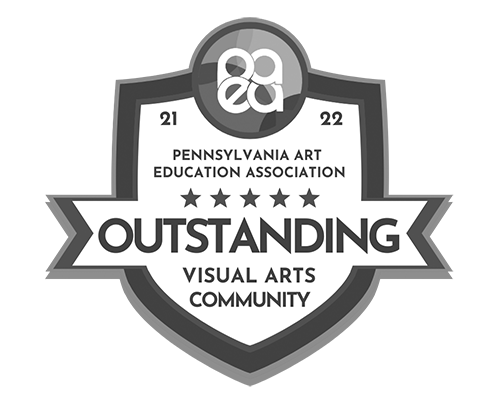
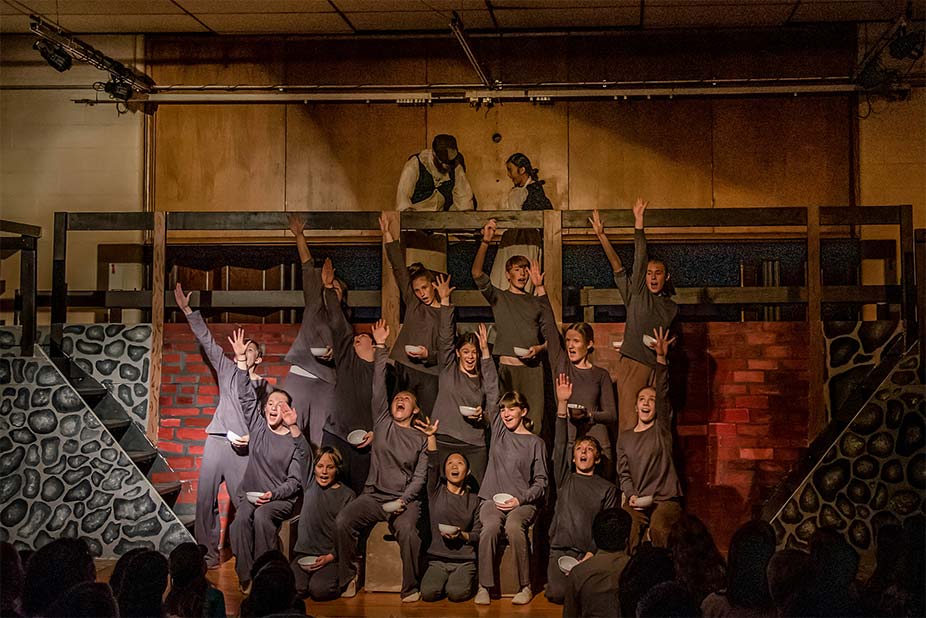
Grades 6-8
The middle school years at River Valley bring some refreshing changes from previous grades for the students, yet still maintain important constancy. Our middle school (6, 7 and 8th grade) utilizes a collaborative teaching model. Each class still has a dedicated class teacher, but the class teachers each specialize in and teach particular subjects.
The middle school curriculum feeds and challenges the awakening intellects of our young teens. It takes them out into the world – requiring more abstract thinking, studying subjects that take them further from the world they know – yet also begins to cultivate inner knowledge of self. The curriculum works to mitigate the volatility and natural self-absorption of adolescence by encouraging a healthy interest in the community and the world at large. Through the biographies of strong individuals who were impactful members of society, they come to experience a greater sense of humanity and its possibilities. Emotions are harnessed and explored through the rigorous, literature-based language arts curriculum and given expression through the deepening and expanding of fine arts techniques. The study of mathematics continues with business math, geometry and algebra. Waldorf education’s phenomenological approach to science cultivates sophisticated observational skills and curiosity about the hows and whys of the world of chemistry, physics, biology, physiology, astronomy, geology and meteorology.
River Valley is understandably proud of each of our graduates who go on to attend a wide variety of area public, charter and private high schools. For those who choose to apply to private high schools, the acceptance rate is nearly 100%.

Sixth Grade
6th grade forms a bridge into middle school life at River Valley. Students become accustomed to increased academic demands and the responsibility that comes with being part of the oldest segment of the school. For many students, this year marks the beginning of their journey through puberty. The study of the rise and fall of ancient Rome meets the challenge of this age head on. Construction of magnificent cities, aqueducts, roads and the establishment of social structure juxtapose the damage to indigenous culture and the destruction of the Roman Empire itself through conquest, hubris and excess, which metaphorically reflect the changes and contrasts the children are experiencing in their own bodies. Then on through time they travel, learning about the birth of both Christianity and Islam and on into the Middle Ages. Previous math operations are reinforced and the practical topics of ratio and proportion, percentages, principal, interest, discounts and other aspects of business math are the new math topics of the year. The beauty of math is explored through geometric forms and precision is honed with the tools of the draftsman: protractors, rulers, right angles and compasses. The names of geometric figures and the numerical properties embodied in these figures are learned at this time. The study of geography expands beyond North America focusing on the land and people of South and Central America. Geology, astronomy and an introduction to physics (sound, light, heat) are the major topics in science study this year.
Specialty Subjects:
Spanish, physical education, choral music, orchestra, handwork, gardening, Eurythmy, drama, recorder, fine and practical arts including woodworking, sculptural arts, tile work
Seventh Grade
During the Renaissance a new way of looking at the world developed which depended upon exact observations of the world and formed the basis of our modern scientific method. Leonardo da Vinci, Isaac Newton and the explorers are among the many giants of this time who made their mark in the arts and sciences and the future of human history. The Renaissance, together with the Age of Exploration, forms a perfect match for the expressiveness and forcefulness of the adolescent’s emotional life and their search for truth. The 7th grade students study the lives of those thinkers and explorers who defied conventions of their time and stepped into the unknown. As they learn in history lessons of the early explorers who sailed around Africa seeking riches from the East, 7th grade geography focuses on the land and people of Africa. Physics and math lessons give students a ‘behind the scenes’ look at the world. Beginning with the arm as a perfect example of the lever, students discover the six simple machines and are able to see the advantage that comes from using the lever, inclined plane and pulley. Last year’s introduction to light, acoustics and heat is deepened to include combustion (the lime cycle), refraction, reflection and electricity. Chemistry lessons explore acids and bases. In the introduction to algebra, with its unknown quantities and negative numbers, students are led into abstract mathematical thinking. Powers and roots, geometric formulas solved algebraically, and solving word problems are a few of the challenges faced in 7th grade math. Many of the major themes of 7th grade overlap and reinforce one another. Astronomy and meteorology help students understand the knowledge of winds, tides and weather as well as the navigational tools used by the early explorers. The laws of perspective devised by Renaissance artists offer students a practical application of ratio and proportion.
Specialty Subjects:
Spanish, physical education, choral music, orchestra, handwork, gardening, Eurythmy, drama, recorder, fine and practical arts including woodworking, sculptural arts, perspective drawing


Eighth Grade
Our 8th graders shepherd first grade buddies throughout the year, actively help with seasonal festivals, take up a months-long, in-depth independent research project, and raise funds for their pivotal year-end class trip – it is a full and busy year in addition to the academic demands. The history curriculum completes the Age of Exploration, delves into the subsequent Age of Enlightenment and the great revolutions, including the American, French and the Industrial revolutions—a period in history every 8th grader finds intriguing! The geography of Asia and the Pacific region completes the geography curriculum begun with local geography in grade four. On a practical level, the study of simple machines from 7th grade progresses into the industrial revolution, the technological breakthrough of the steam engine and its immense social impact. In science, physiology, organic chemistry and physics hold center stage. Topics include the musculoskeletal and organ systems, photosynthesis, digestion and nutrition, hydraulics, aerodynamics and meteorology. The core mathematics study continues with algebra and plane geometry, surface area and volume. Graphing linear equations, construction of Platonic solids are introduced and explored. The study of literature and writing continue, occasionally including staging a Shakespeare play. The 8th grade project presentation marks the end of the year and a culmination of a long independent research project. Past topics have included: architectural design (site study, needs assessment, design & model building); photography (biographical research and exploration of techniques); building a steam engine; shoe design and construction; and the honeybee explored (artistically, empirically and scientifically). These young adults present their projects and field questions from their audience (from first graders to adults) with poise, grace and good humor.
Specialty Subjects:
Spanish, physical education, choral music, orchestra, handwork, gardening, Eurythmy, drama, recorder, fine and practical arts including clothes making, soap stone, and more.

© River Valley Waldorf School Privacy Policy
